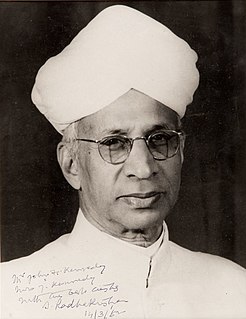A Quote by Benjamin Watson
Related Quotes
For authority proceeds from true reason, but reason certainly does not proceed from authority. For every authority which is not upheld by true reason is seen to be weak, whereas true reason is kept firm and immutable by her own powers and does not require to be confirmed by the assent of any authority.
Every person in the world is by nature a slave to sin. The world, by nature, is held in sin's grip. What a shock to our complacency- that everything of us by nature belongs to sin. Our silences belong to sin, our omissions belong to sin, our talents belong to sin, our actions belong to sin. Every facet of our personalities belong to sin; it own us and dominates us. We are its servants.
I also came to see that liberalism's superficial optimism concerning human nature caused it to overlook the fact that reason is darkened by sin. The more I thought about human nature the more I saw how our tragic inclination for sin causes us to use our minds to rationalize our actions. Liberalism failed to see that reason by itself is little more than an instrument to justify man's defensive ways of thinking. Reason, devoid of the purifying power of faith, can never free itself from distortions and rationalizations.
Individualism has come in for an enormous amount of criticism over the years. It still does. It is widely assumed to be synonymous with selfishness...But the main reason why so many people in power have always disliked individualism is because it is individualists who are ever keenest to prevent the abuse of authority.
Every one of our sinful actions has a suicidal power on the faculties that put that action forth. When you sin with the mind, that sin shrivels the rationality. When you sin with the heart or the emotions, that sin shrivels the emotions. When you sin with the will, that sin destroys and dissolves your willpower and your self-control. Sin is the suicidal action of the self against itself. Sin destroys freedom because sin is an enslaving power.
... the core of sin is a lack of self-esteem. ... Sin is psychological self-abuse. ... the most serious sin is one that causes me to say, 'I am unworthy. I may have no claim to divine sonship if you examine me at my worst.' For once a person believes he is an 'unworthy sinner,' it is doubtful if he can really honestly accept the saving grace God offers in Jesus Christ.




































